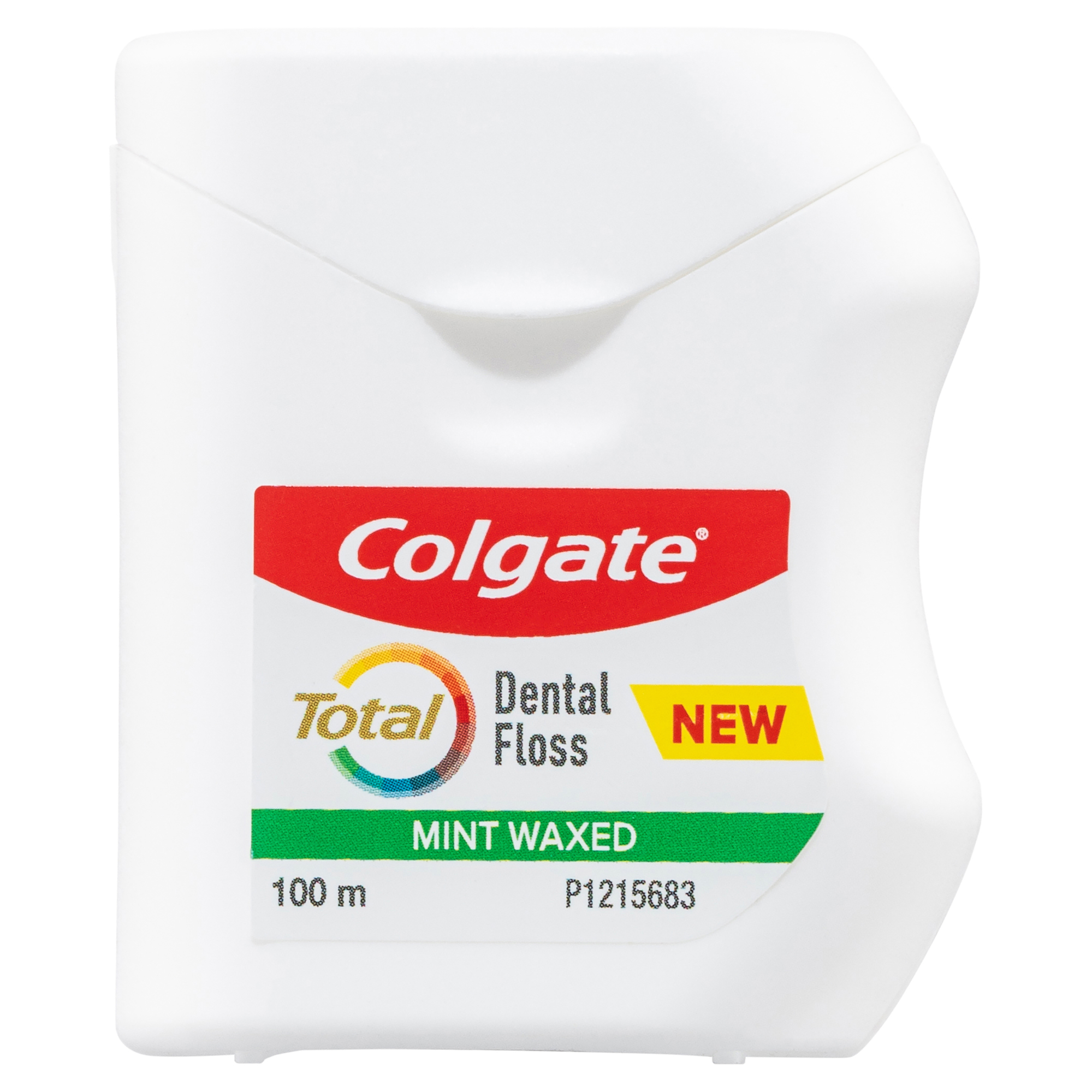-
-

BRUSHING & FLOSSING
How to BrushWhat Is the Right Way to Brush?
Proper brushing takes at least two minutes — that's right, 120 seconds!...

BRUSHING & FLOSSING
How To FlossWhat is the Right Way to Floss?
Proper flossing removes plaque and food particles in places where a toothbrush cannot easily reach... -
Science & Innovation
- Home
- Oral Health
- Receding Gums: Treatment, Causes, and Prevention


It can be concerning to have receding gums, but there are several steps you can take at home, that may help to prevent further gum recession. The first step for addressing an oral health concern is to consult your dental practitioner to find out whether your condition requires professional treatment.
Causes of Gum Recession
Gingival recession, or gum recession, is what happens when the position of the gum tissue is lowered, exposing the root of the tooth. This can be caused by any number things and your management is dependent on the cause of the problem.
The following are some of the most common causes for gum recession to begin:
- Overly aggressive brushing or flossing. It's great to be enthusiastic about oral care but according to an article by the Australian Dental Association, you should make sure that you're brushing, not scrubbing! Never use a toothbrush that isn't labelled "soft." Be gentle on your teeth and remember that taking care of them isn't supposed to hurt.
- Genetics. Your gums' characteristics are partly determined by your genetics, just as the rest of your body is. If one or both of your parents have gum recession and you have a "thin biotype", in other words, your gums are not very thick and robust to start with, you're at a higher risk for receding gums.
- Abnormal tooth positioning. If your teeth are prominent in the arch and not well covered with bone, gum recession can occur.
- Grinding your teeth, or bruxism, can make teeth mobile and cause some gum recession around affected teeth. Do you often wake up with a headache? Does your spouse or partner complain that you grind your teeth? This habit can be the cause of many dental maladies, not just gum recession, so let your dentist know right away if you think you are grinding your teeth. Teeth grinding can be treated easily and painlessly with bite splint or and several other options your dental professional can assist with.
- Trauma to gum tissue. The gum tissue may recede when a traumatic injury has occurred on a tooth or teeth.
- Poor oral health. If you have gum disease, recession may be one of the consequences of this disease.
Receding Gums Treatment
If you are only mildly affected by receding gums, that's great! Catching it early means that you have the best chance of correcting factors that may be causing the issue, before it has gone too far. Your dentist will help you identify the cause and will instruct you in how to address it. You may have to re-evaluate your brushing and flossing habits, get a bite splint and buy a different toothbrush, such as the Colgate® Slim Soft Charcoal toothbrush.
If you do need treatment for gum disease, your dental professional may work with a periodontist, a gum specialist, to decide on the best course of action. Along with helping you change any habits that may have contributed to the gum recession, your dentist will determine whether you would benefit from a special, deeper cleaning called scaling and root planing or debridement. This is required when your gum recession is caused by periodontitis.
Depending on the cause, extent and symptoms associated with your gum recession, you may be able to have surgical treatment to help correct the recession. This procedure will be done by your periodontist and is called a gum graft. Your periodontist can tell you more about this procedure and what to expect.
Taking care of your oral health is very important. Your mouth is a great indicator of your general wellness and an oral infection can affect your whole body. Be gentle with your teeth and go to the dentist if you have any persistent discomfort.
This article is intended to promote understanding of and knowledge about general oral health topics. It is not intended to be a substitute for professional advice, diagnosis or treatment. Always seek the advice of your dentist or other qualified healthcare provider with any questions you may have regarding a medical condition or treatment.
Related Products

Helping dental professionals
More professionals across the world trust Colgate. Find resources, products, and information to give your patients a healthier future











